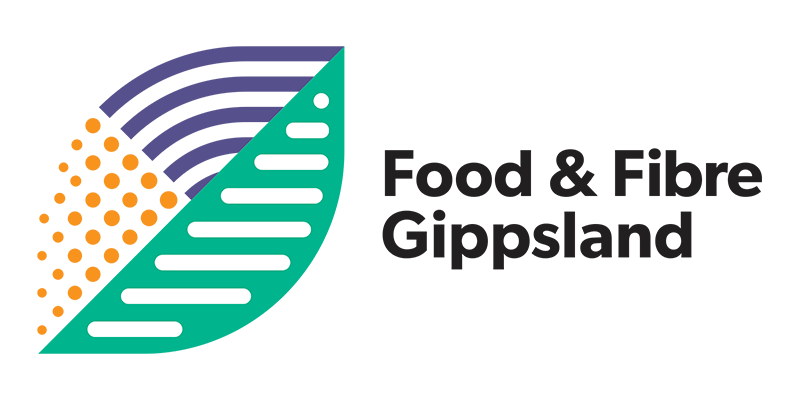
Vic Hub
Gippsland Node Lead
About
Vic Hub, funded by the Commonwealth of Australia in July 2021, is the shorter name for Victoria Drought Resilience Adoption & Innovation Hub.
Eight of these strategically important hubs have been funded across the country, with one located in the state of Victoria. Each hub is currently funded through to 2025.
The Vic Hub comprises a consortium of partners:
University of Melbourne: Consortia Lead
Agriculture Victoria: Vic Hub Partner
Deakin University: Hub Knowledge Broker
Federation University: Digital Platforms
LaTrobe University: Capacity Building
Five regional Node Leads:
Gippsland: Food & Fibre Gippsland
South-West: Southern Farming Systems
North-West: Birchip Cropping Group
North-West Irrigated Horticulture: Mallee Regional Innovation Centre
North-East: Riverine Plains
The Gippsland node will coordinate locally-based, credible community engagement and projects targeting the four key phases of drought:
Good years
Periods leading into drought (where things could go either way)
Drought
Recovery after drought
Current Gippsland Drought Hub Activities
Funding is being used to support existing producer-led projects managed by Gippsland Agricultural Group (GAgG) and South Gippsland Landcare Network (SGLN).
Our focus for these projects with GAgG during the next 12 months involves:
supporting producers to maximise fodder storage, for the purpose of reducing the reliance on purchased-in conserved feeds (hays and silage);
growing more pasture through better management of topsoil;
a soil coring program to support farmers to understand and manage soils better; and
an extension of the drought adoption officer program across the whole of our region.
Funding is being provided to SGLN and Deakin University to extend out the sustainable ‘Greening Gippsland’s Dams’ program to reach more farmers and growers across the southern area of the region.
We’ve also received a funding extension for the use of advanced soil moisture sensing programs for the vegetable industry based within the Gippsland region. This funding will support on-farm demonstration programs and integrate with existing VegNET Gippsland activities.
Read more about the Gippsland Node projects via our ‘Latest News’ page:
Pasture 365: development and adoption of multispecies pastures underway
South Gippsland Landcare Network hosts ‘Green Dams’ field day
Soil coring project builds greater understanding of drought preparedness
‘Green Dams’ project continues to support farmers in South Gippsland
For more information about the Vic Hub - Gippsland Node projects, please contact Brodie Anderson, Regional Drought Resilience Officer via email or mobile: 0460 895 232.

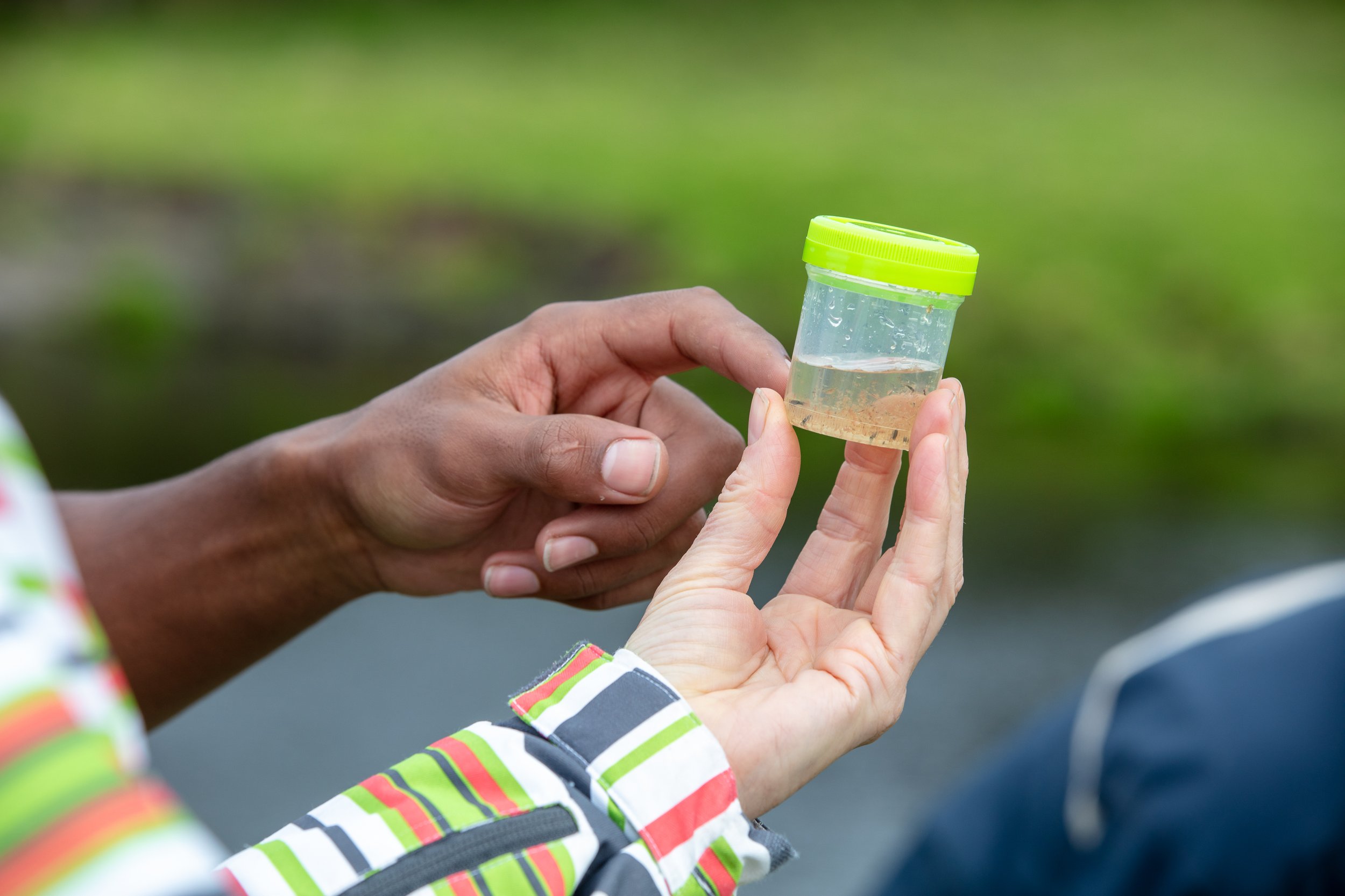
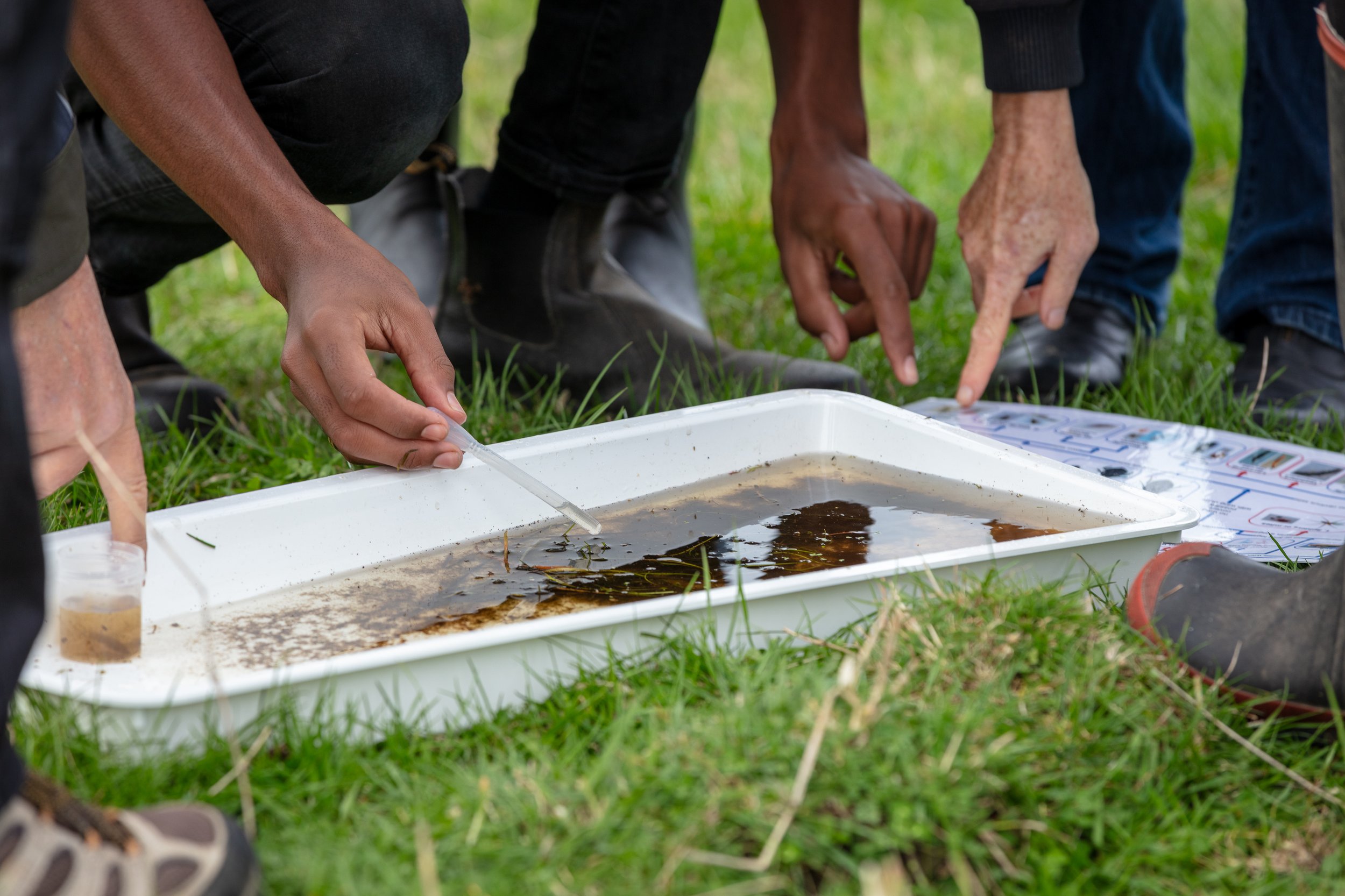

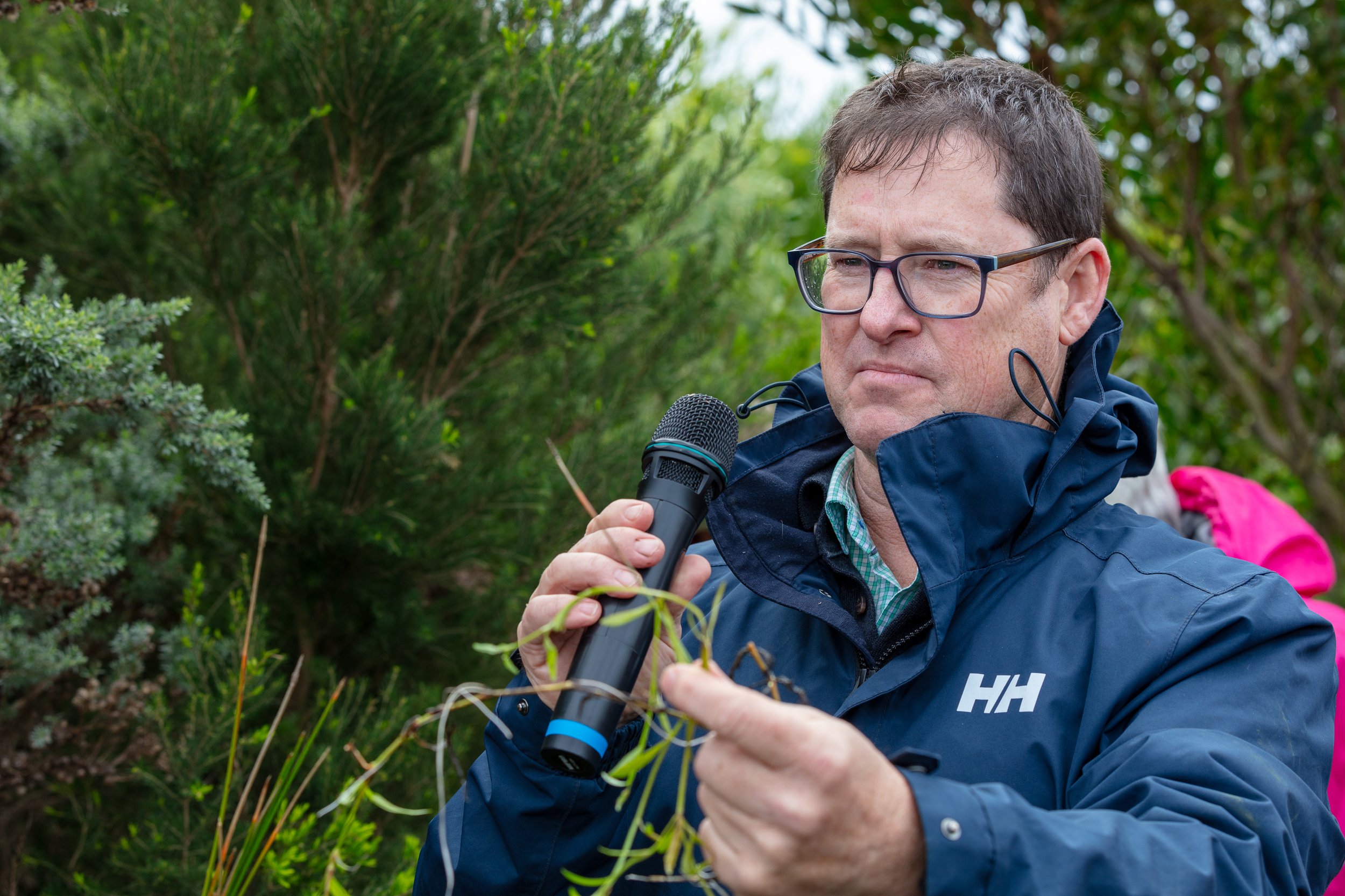
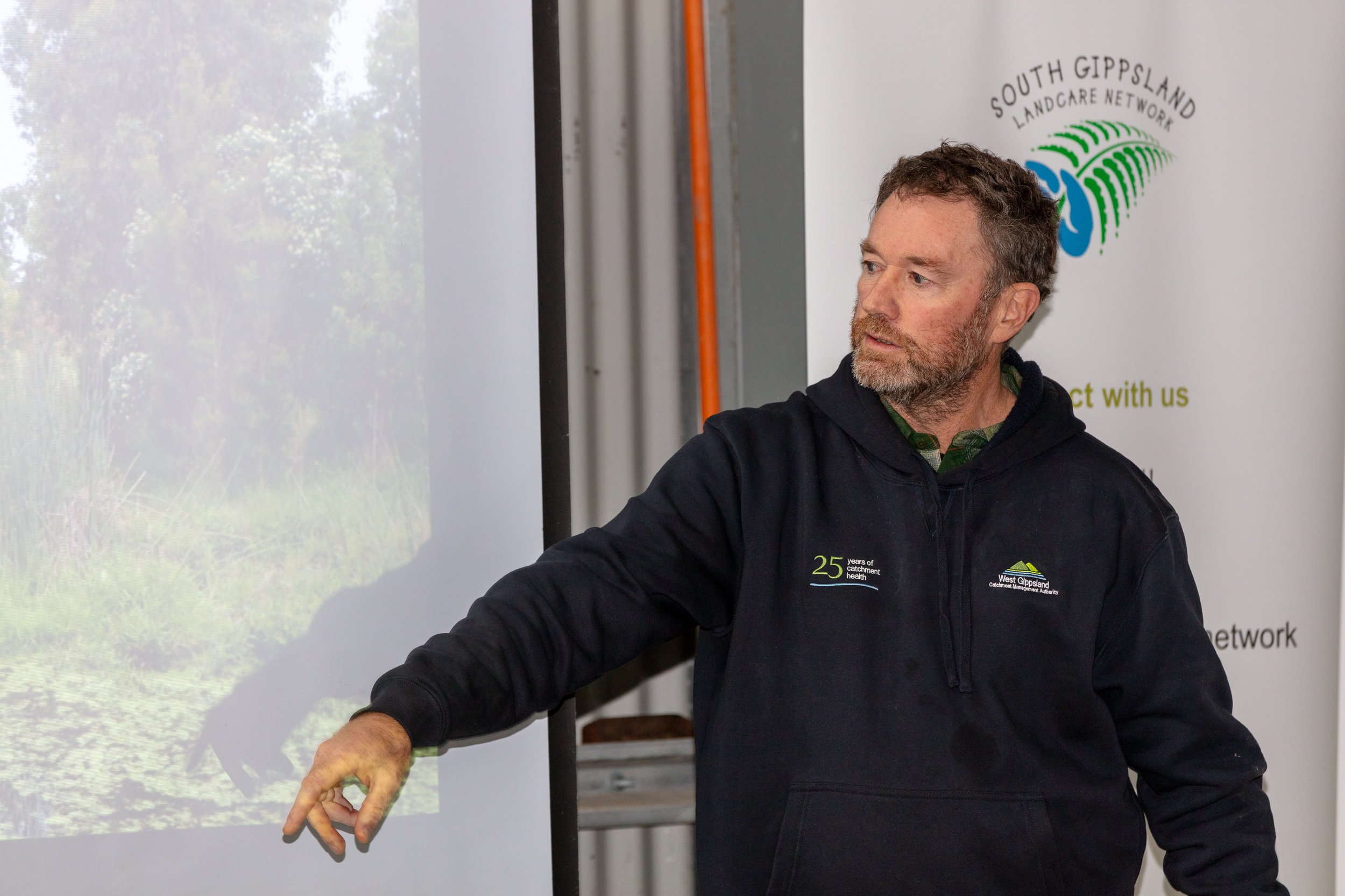
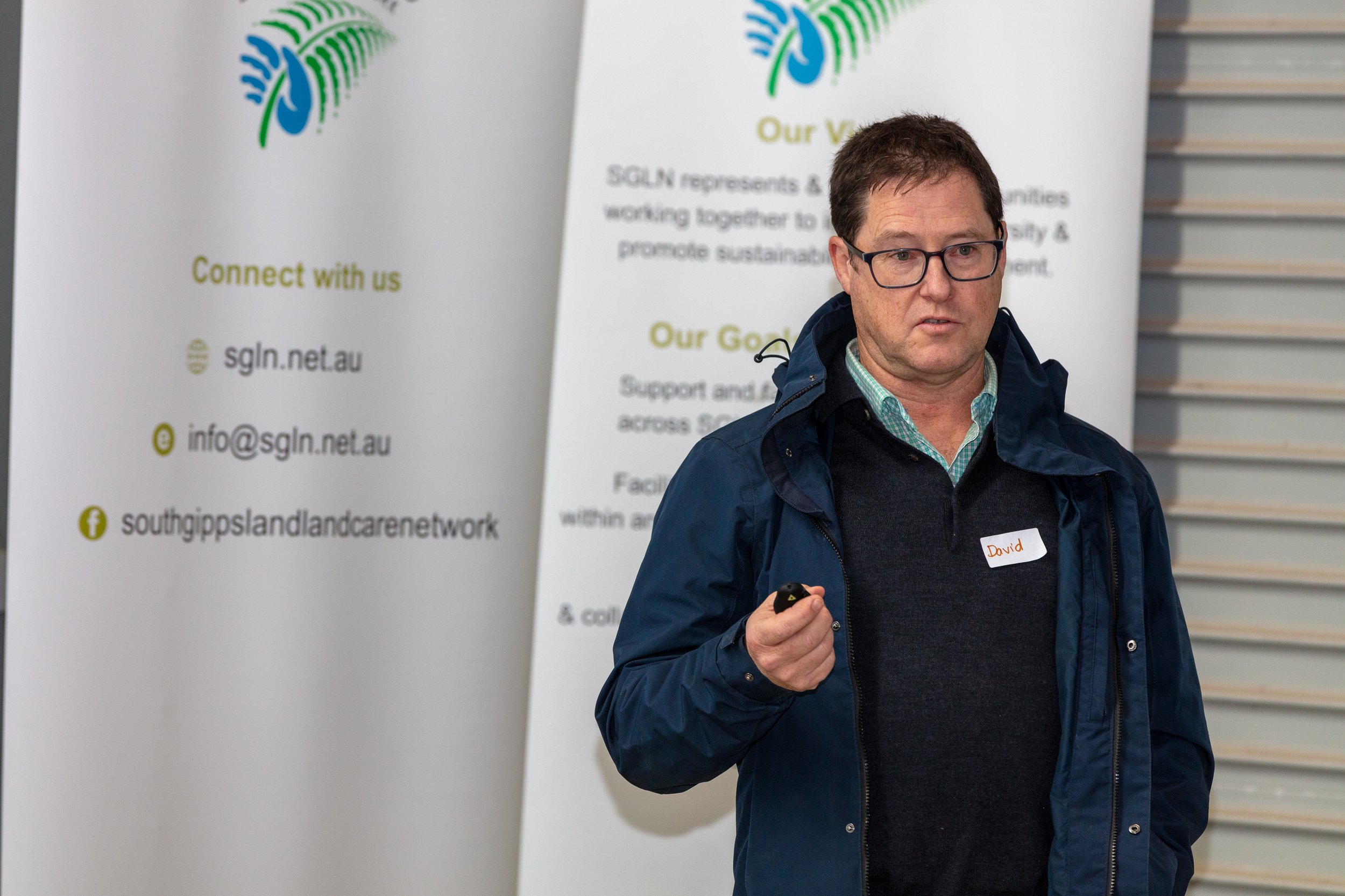
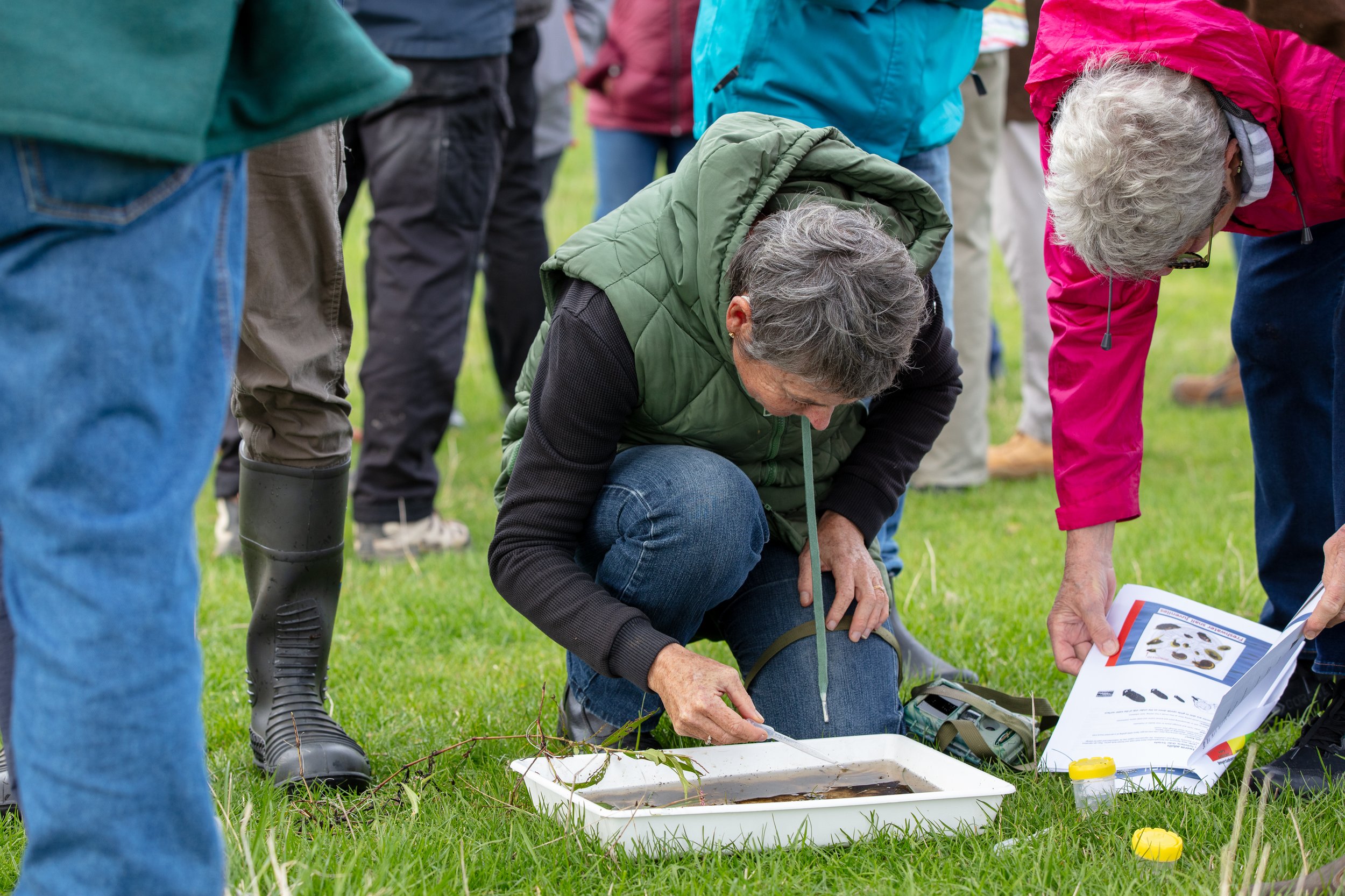
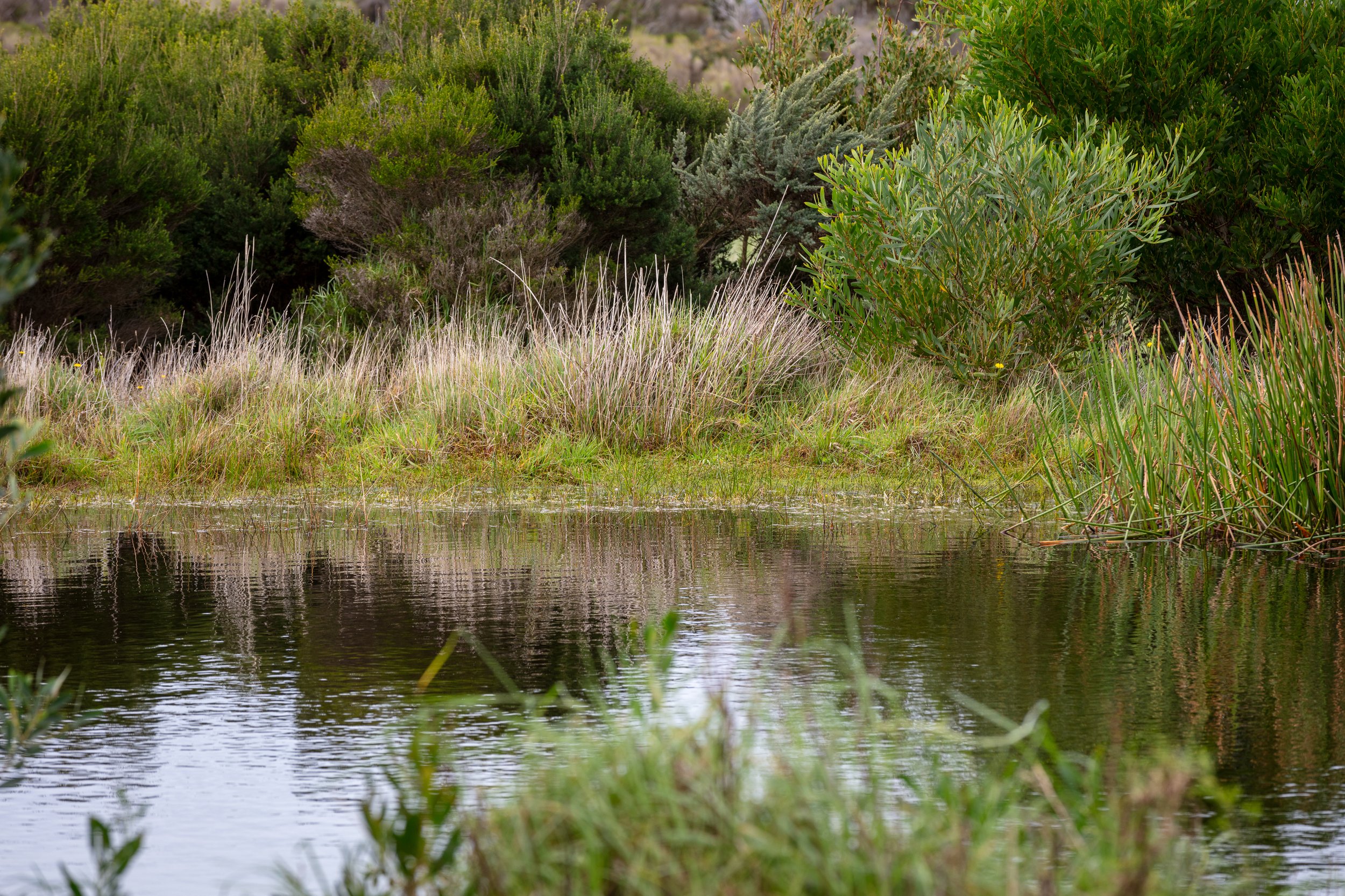
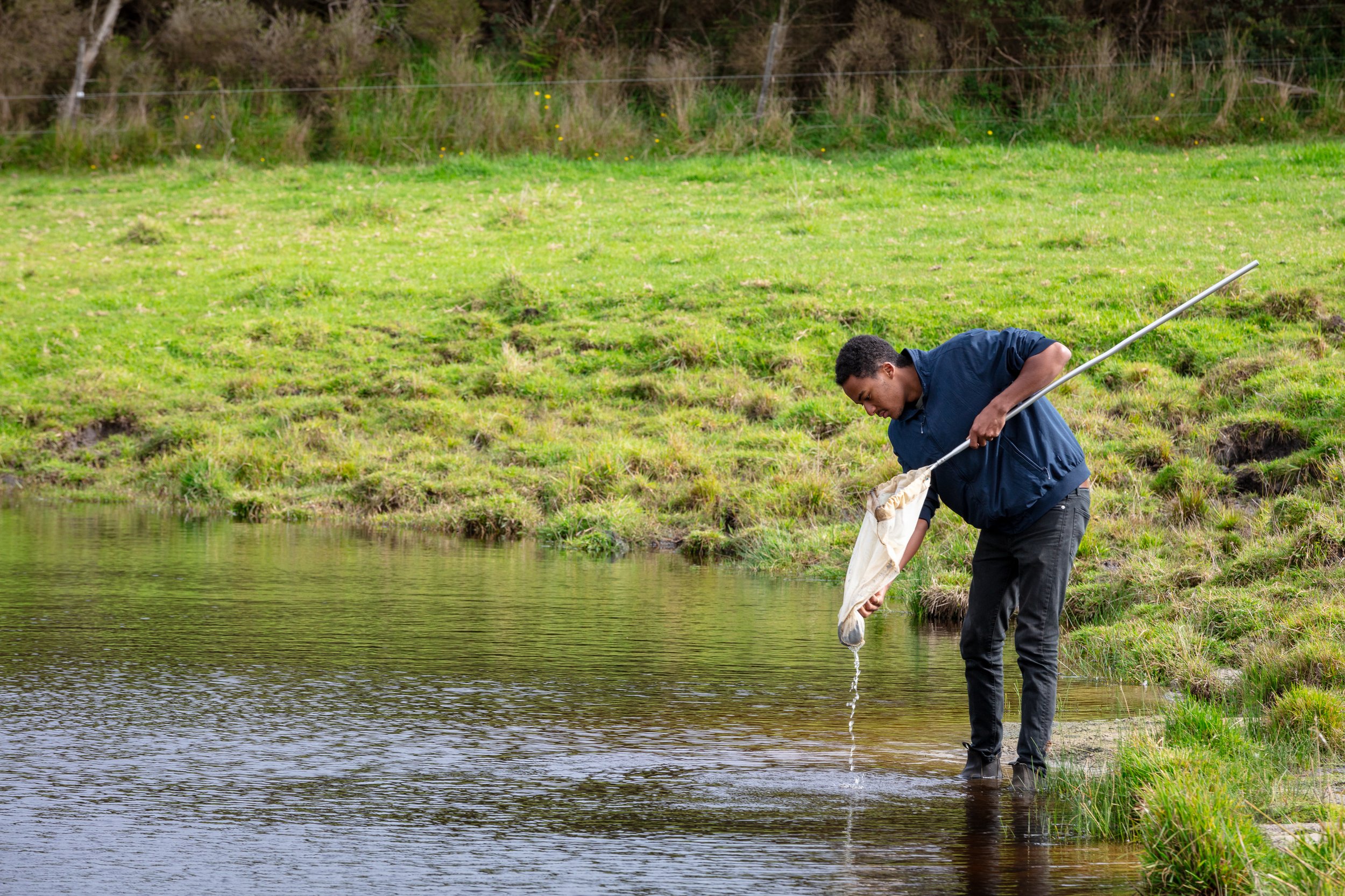


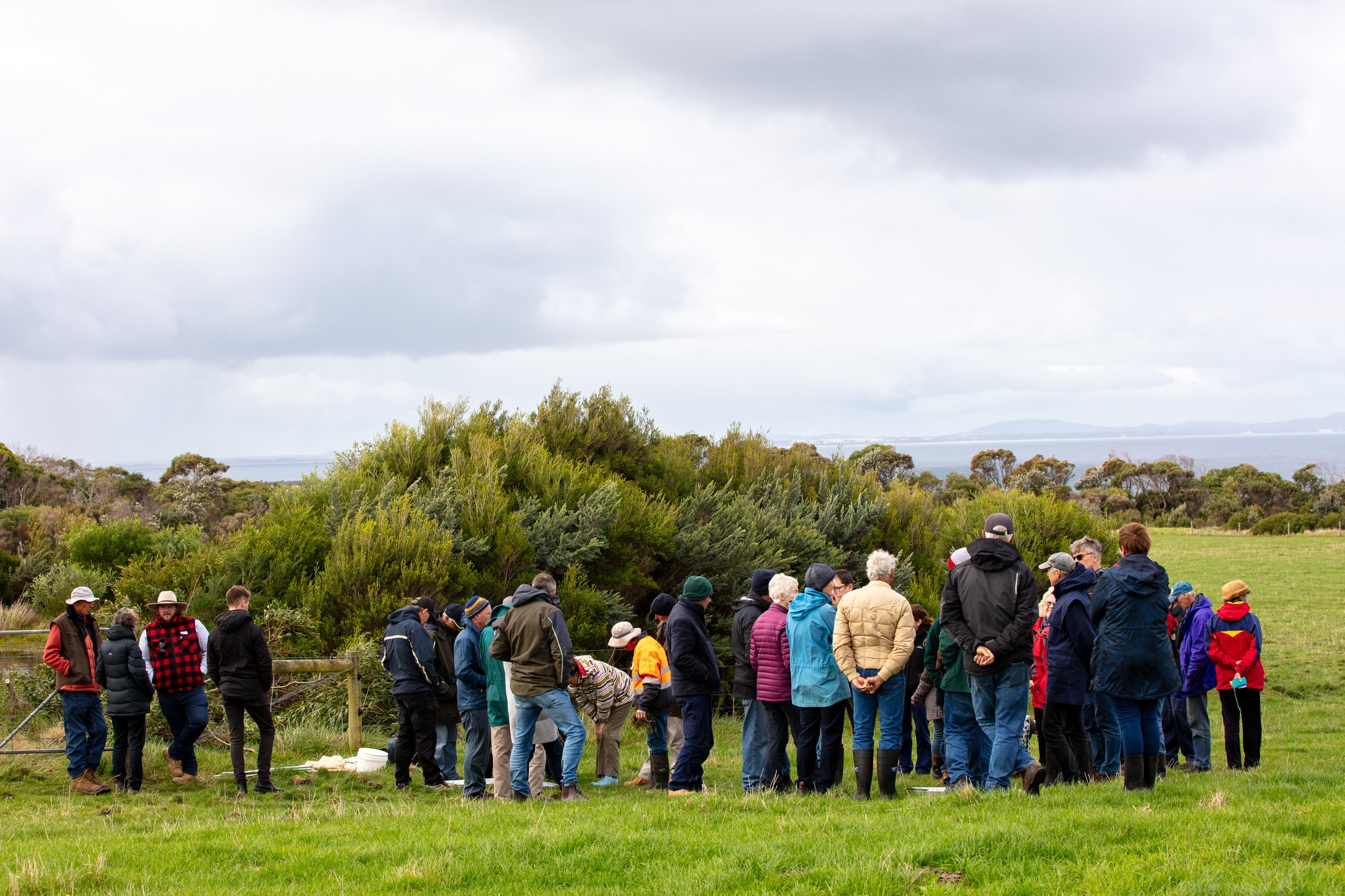
Our Gippsland program of work supports agriculture, environment, communities, and local government to adapt and transform, and achieve both better preparedness and increased resilience to the impact of drought.
Collaboration is key and innovation is a strong driving force in the intended outcomes. Engagement with producers and ensuring producer-led contribution to projects are central to the Vic Hub program.
A key role of the university partners is to respond to producer consultations and node leader-proposed projects through research and development, innovative solutions, sharing of knowledge and supporting technology.
Aligning to federal government expectations, the Drought Hub is certainly not intended to be a business-as-usual program!
Contact us for more information:
Dr Julian Hill - Vic Hub Gippsland Node Lead
e: info@foodandfibregippsland.com.au
